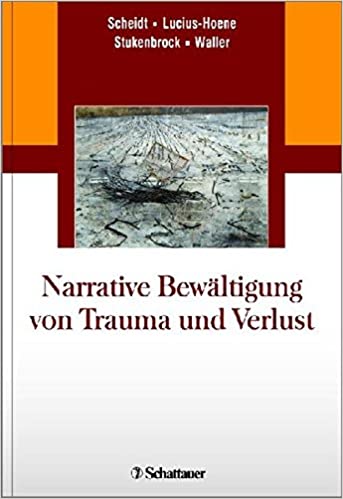Books for Therapists on Narrative Therapy
The narrative therapy modality is a powerful way for the patient to cope and elaborate on trauma and other significant life events. As a path to healing, this approach works with the client’s empowerment and the meaning they attribute to something, with the goal of helping them realize that they’re bigger than what’s happened to them. The volumes below mature this discussion and explain how the implementation of narrative happens.
To keep this site running, we are an Amazon Associate where we earn from qualifying purchases. While these links are amazon affiliate links, the selection of books remains accurate and unbiased.
“What is narrative therapy?: An easy-to-read introduction” by Morgan

Through clear and concise writing, vivid case studies, and comprehensible structure, author Alice Morgan delivers a book that touches on all aspects concerning narrative therapy and its instruments and concepts, such as re-membering, therapeutic letter writing, leagues, and other important topics to consider when exercising this practice.
Want a resource for every situation? We’ve got you covered.
There’s a huge amount of resources for therapists out there. We’ve made a resource for any topic between starting a practice to dealing with a patient problem. Inside you will find books, podcasts, TED talks, worksheets and forums. Sounds like it can help you now or in the future? Simply enter your email and it’ll be in your inbox for you to use!
“Narrative Bewältigung von Trauma und Verlust” von Scheidt, Lucius-Hoene, Stukenbrock und Waller

For a clinically active psychotherapist, the linguistically often very diverse narratives are a central way to understand the patient. These narratives are supposed to form healing narratives in the therapeutic process and are carried by the hope of improvement. This book describes the most important questions about the narratology of the linguistic management of trauma and loss. The book brings together the specialists’ knowledge of various disciplines that contribute to the understanding of such narratives: linguistics, literary studies and cultural studies enrich psychological and psychotherapeutic competence.
Looking for other books or resources?
Check out the ones below, or click below to download all of the resources we have!